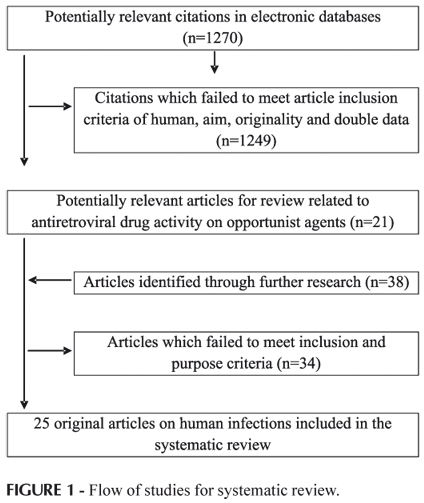Highly active antiretroviral therapy (HAART) is used in patients infected with HIV. This treatment has been shown to significantly decrease opportunist infections such as those caused by viruses, fungi and particularly, protozoa. The use of HAART in HIV-positive persons is associated with immune reconstitution as well as decreased prevalence of oral candidiasis and candidal carriage. Antiretroviral therapy benefits patients who are co-infected by the human immunodeficiency virus (HIV), human herpes virus 8 (HHV-8), Epstein-Barr virus, hepatitis B virus (HBV), parvovirus B19 and cytomegalovirus (CMV). HAART has also led to a significant reduction in the incidence, and the modification of characteristics, of bacteremia by etiological agents such as Staphylococcus aureus, coagulase negative staphylococcus, non-typhoid species of Salmonella, Streptococcus pneumoniae, Pseudomonas aeruginosa, and Mycobacterium tuberculosis. HAART can modify the natural history of cryptosporidiosis and microsporidiosis, and restore mucosal immunity, leading to the eradication of Cryptosporidium parvum. A similar restoration of immune response occurs in infections by Toxoplasma gondii. The decline in the incidence of visceral leishmaniasis/HIV co-infection can be observed after the introduction of protease inhibitor therapy. Current findings are highly relevant for clinical medicine and may serve to reduce the number of prescribed drugs thereby improving the quality of life of patients with opportunistic diseases.
Highly active antiretroviral therapy; Antiretroviral drugs; Opportunist infections





